Unlocking Security: The Impact of Smart Garage Doors on Home Safety and Market Trends
As the home automation market continues to expand, smart garage doors have emerged as a pivotal component in enhancing residential security. According to a recent report by MarketsandMarkets, the global smart home market is projected to reach $135.3 billion by 2025, with smart garage door systems playing a significant role in this growth. These innovative solutions not only offer convenience but also fortify home safety by integrating advanced features such as remote access, real-time monitoring, and automated alerts. A study from the National Association of Realtors reveals that 66% of homeowners are willing to invest in smart technology to increase safety, highlighting the increasing consumer demand for secure garage door systems. As criminals continue to evolve their tactics, incorporating smart garage doors can serve as a strong deterrent, significantly enhancing the overall security of residential properties while reflecting a broader trend towards smarter living environments.
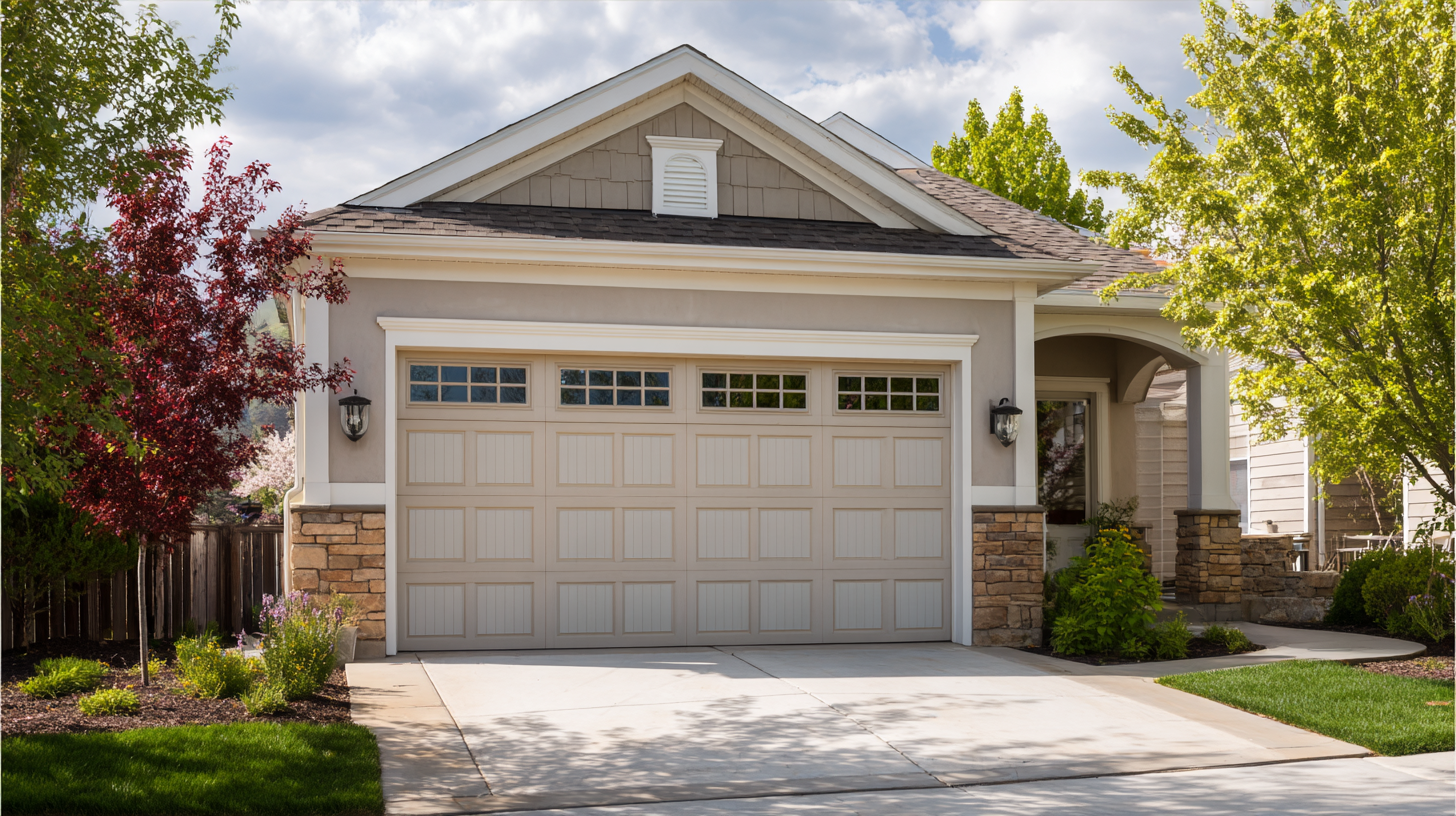
The Evolution of Garage Doors: From Manual to Smart Technology
The evolution of garage doors from manual to smart technology marks a significant shift in home safety and convenience. Traditionally, garage doors relied on simple mechanical mechanisms that required physical effort to operate. Homeowners were often plagued by issues such as stuck doors, mechanical failures, and the constant need for physical presence to secure their vehicles and belongings. This reliance on manual operation created vulnerabilities, as it made homes more susceptible to unauthorized access.
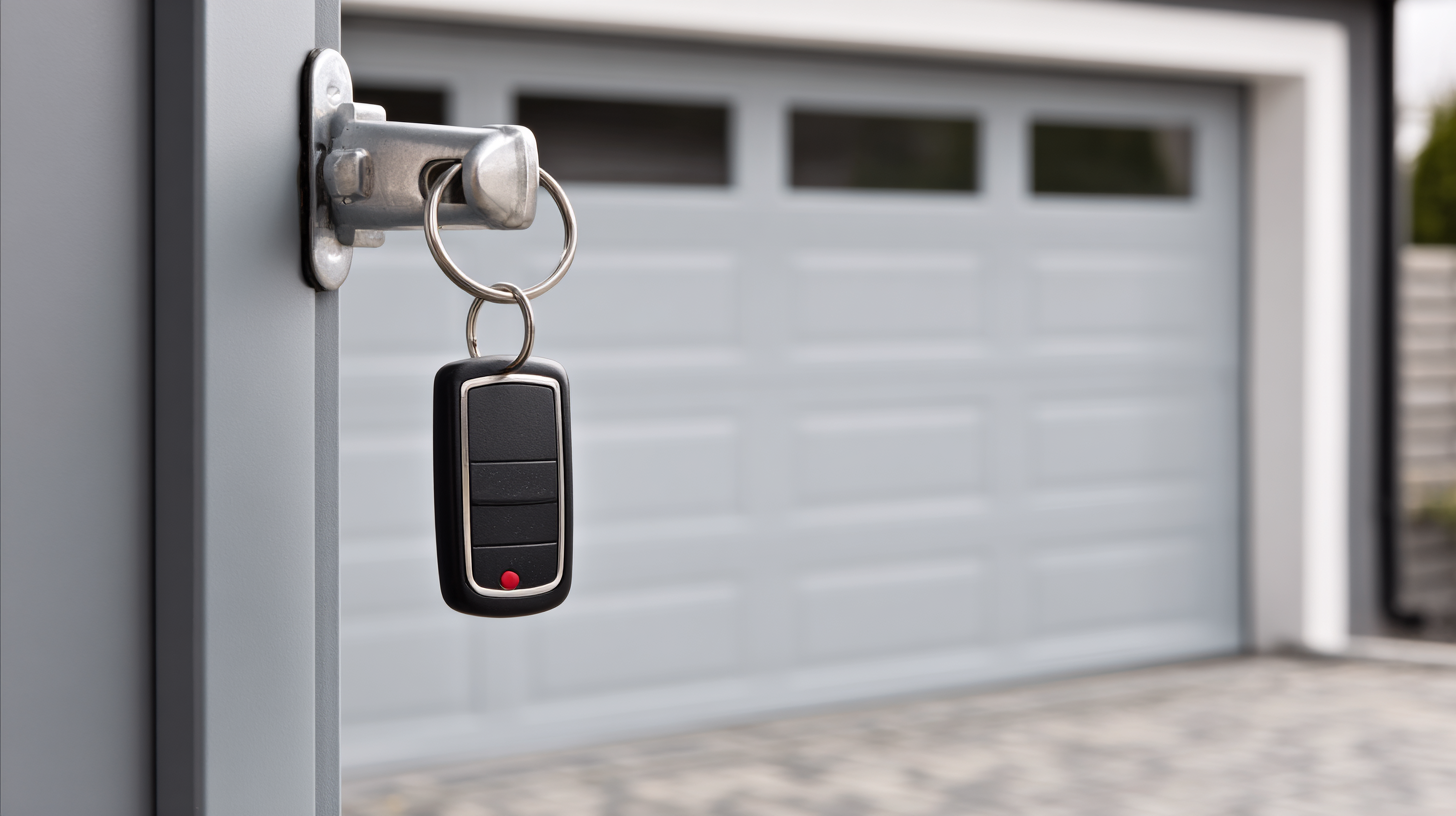 With the advent of smart technology, garage doors have transformed, incorporating advanced features such as remote access, sensors, and integration with home automation systems. Smart garage doors can now be controlled via smartphones, allowing homeowners to open or close their doors from virtually anywhere. These systems enhance security by providing alerts for unauthorized access, real-time monitoring, and even the ability to grant temporary access to guests or service personnel without compromising overall safety. This shift not only reflects advances in technology but also demonstrates a growing awareness of the importance of enhanced security solutions in modern living.
With the advent of smart technology, garage doors have transformed, incorporating advanced features such as remote access, sensors, and integration with home automation systems. Smart garage doors can now be controlled via smartphones, allowing homeowners to open or close their doors from virtually anywhere. These systems enhance security by providing alerts for unauthorized access, real-time monitoring, and even the ability to grant temporary access to guests or service personnel without compromising overall safety. This shift not only reflects advances in technology but also demonstrates a growing awareness of the importance of enhanced security solutions in modern living.
Enhancing Home Security: How Smart Garage Doors Deter Break-Ins
Smart garage doors have emerged as a pivotal element in modern home security systems, significantly contributing to the deterrence of break-ins. According to a report by Statista, approximately 30% of burglars gain entry through the garage, highlighting the need for enhanced security measures in this area. Smart garage door technology typically includes features such as remote access, real-time monitoring, and automation, making it easier for homeowners to manage their garage security from anywhere. With an expected compound annual growth rate of 25% in the smart home market by 2025, it’s clear that many homeowners are recognizing the importance of integrating smart technologies into their security frameworks.
Moreover, the presence of smart garage door systems not only provides homeowners peace of mind but also serves as a visible deterrent to potential intruders. A study by the University of North Carolina noted that 60% of burglars would avoid a home with an advanced security system, including smart garage doors. This highlights how the perception of enhanced security can effectively discourage criminal activity. As smart garage doors become more prevalent, they are likely to play a crucial role in securing residential properties and reducing crime rates, reflecting broader market trends towards a more connected and secure living environment.
Impact of Smart Garage Doors on Home Security
Market Trends: The Growing Demand for Smart Home Security Solutions
The demand for smart home security solutions has seen a significant surge in recent years, particularly as consumers become increasingly aware of the vulnerabilities associated with traditional security systems. According to a report by Grand View Research, the global smart home market is projected to reach $174 billion by 2025, with smart security systems comprising a substantial portion of that growth. This rising trend is driven by consumers' desire for enhanced security and convenience, leading to a growing interest in innovative technologies like smart garage doors.
As homeowners look for ways to increase their security measures,smart garage doors are emerging as a key player. These devices not only offer remote access and monitoring via smartphone applications but also integrate with broader home security systems. A survey conducted by Statista indicated that 58% of homeowners are considering upgrading to smart security solutions in the next few years. This is reflective of a broader shift towards connected home ecosystems, where seamless integration between devices enhances overall safety and peace of mind. As a result, companies are rapidly innovating to meet this rising demand, and we can expect smart garage doors to become a staple in modern home security offerings.
Integration with Smart Home Systems: A Seamless Safety Experience
The integration of smart garage doors into existing smart home systems represents a significant advancement in home safety and convenience. As homeowners increasingly adopt connected devices, the ability to manage garage doors through unified platforms enhances both security and ease of use. Smart garage doors can be controlled via smartphone applications, allowing users to open or close the garage remotely, receive alerts for unauthorized access, and monitor activity in real-time. This level of control not only deters potential intruders but also provides peace of mind, knowing that access to one's home can be monitored from anywhere.
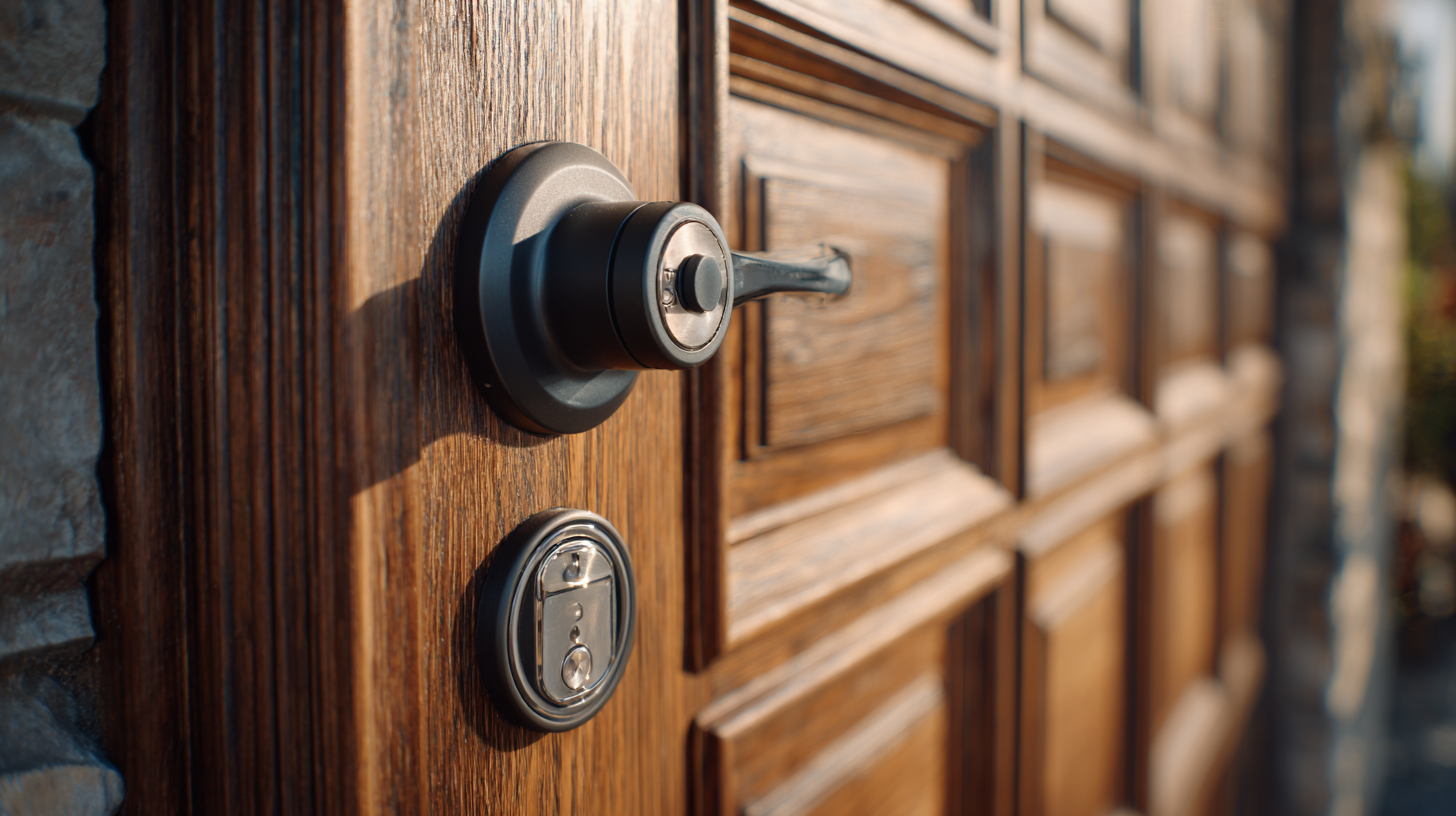
Moreover, the seamless compatibility of smart garage doors with smart home ecosystems enables users to create automated routines that enhance security. For instance, homeowners can synchronize their garage doors with security cameras, motion detectors, and lighting systems. This interconnectedness means that, when the garage door is opened, the exterior lights can be illuminated, and surveillance cameras activated, creating a comprehensive security network. As market trends continue to shift towards integrated smart home solutions, smart garage doors stand out as a crucial component in establishing a holistic approach to home safety.
Challenges and Concerns: Privacy and Security Risks of Smart Garage Doors
As smart garage doors become increasingly popular for their convenience and integration into smart home ecosystems, significant privacy and security concerns arise. Recent surveys indicate that a large percentage of smart device users express worries about the security of their personal information and potential vulnerabilities. Issues such as the risk of unauthorized access to home networks highlight the precariousness of relying on these technologies. For instance, security flaws have been found in various devices, allowing hackers to potentially gain control of WiFi-enabled systems, including garage doors.
The growing trend of smart garage doors necessitates vigilance regarding cybersecurity. Researchers have identified vulnerabilities in certain smart garage door systems that enable hackers to open doors remotely. This not only compromises home security but also raises questions about the reliability of these devices. As consumers seek the benefits of automation and enhanced control, they must also grapple with the underlying risks, particularly when the convenience offered by smart technology may inadvertently make homes more susceptible to breaches.
Related Posts
-

Mastering Residential Roll Up Garage Doors: A Comprehensive DIY Installation Tutorial
-

7 Compelling Reasons to Choose a Double Garage Door for Your Home Upgrade
-
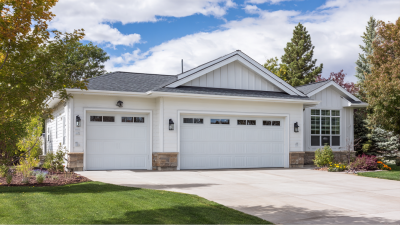
5 Best Garage Door Options for Boosting Your Home's Curb Appeal
-
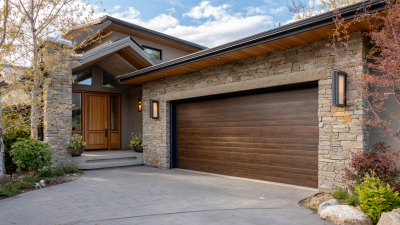
How to Choose the Perfect Garage Door Options for Your Home's Aesthetic and Security Needs
-
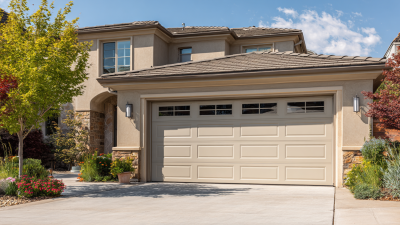
How to Increase Your Garage Door Lifespan by 30 Percent with Proper Maintenance Techniques
-
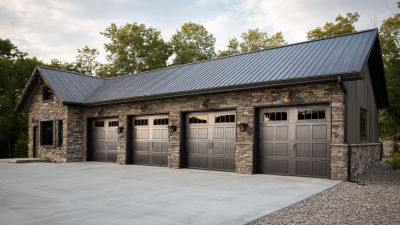
What Makes Metal Garage Doors the Ideal Choice for Homeowners in 2023
